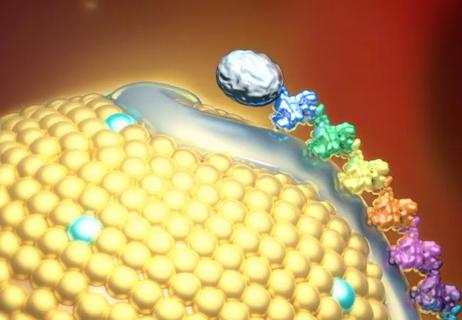
Telemedicine use remains higher than before the pandemic in all groups, but disparities linger
Few patients report left ventricular dysfunction or heart failure after one year
Avoidance of septal reduction therapy continues while LVEF dysfunction remains infrequent
Using multidisciplinary care to address mood changes, mitigate daily stressors

Med-surg nursing is ideal for energetic innovators who want to care for a variety of patients and disease processes

Phase 2 trial of zerlasiran yields first demonstration of longer effect with each dose of an siRNA

Retrospective study finds acceptable cancer control among most histologic subtypes with intravesical therapy

OPTION trial demonstrates significantly less bleeding risk with comparable efficacy

Findings could help identify patients at risk for poor outcomes

Nursing center provides unique opportunities for career exploration

Aortic valve replacement is best option for lowering mortality in this high-risk population

Citywide program emphasizes psychosocial, pharmacologic and psychotherapeutic approaches to addiction

Even subtle red flags can portend serious risks for older victims

Study participants also reported better sleep quality and reduced use of pain medications

Machine learning models assess intraoperative tissue perfusion

Case study in diagnosing ACNES and finding the right surgical fix